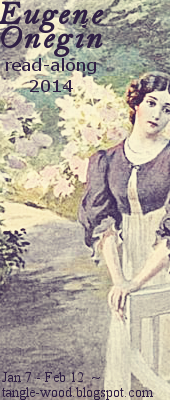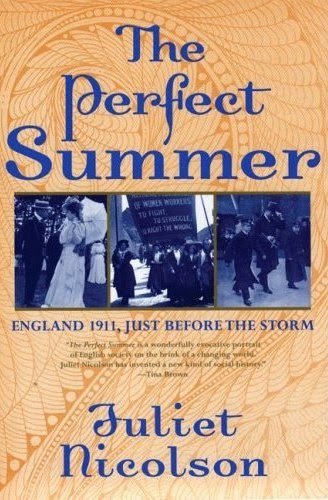Culhwch and Olwen

Culhwch and Olwen , trans. Patrick K. Ford This is one of the very early Arthurian tales, and of course it is Welsh. It dates from something like the 11th century. The story has Culhwch, a king's son, put under a curse by his stepmother that he will never marry anyone but Olwen Giants-daughter. Culhwch promptly becomes enamored of the girl he has never seen, but the task of winning Olwen is impossible; her father will never give permission for her marriage, as he is fated to die as soon as it happens. Culhwch asks his cousin Arthur for help in the name of every single one of his warriors, which takes pages, but is very fun to read because they come with amazing descriptions. (Sometimes you might see a familiar name some later author has lifted--there is for example a Fflewdwr Fflam.) Arthur gladly agrees to help Culhwch, and together with the best men of the court, they set out. Culhwch asks the giant for Olwen, and is given forty impossible tasks to...


















